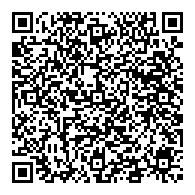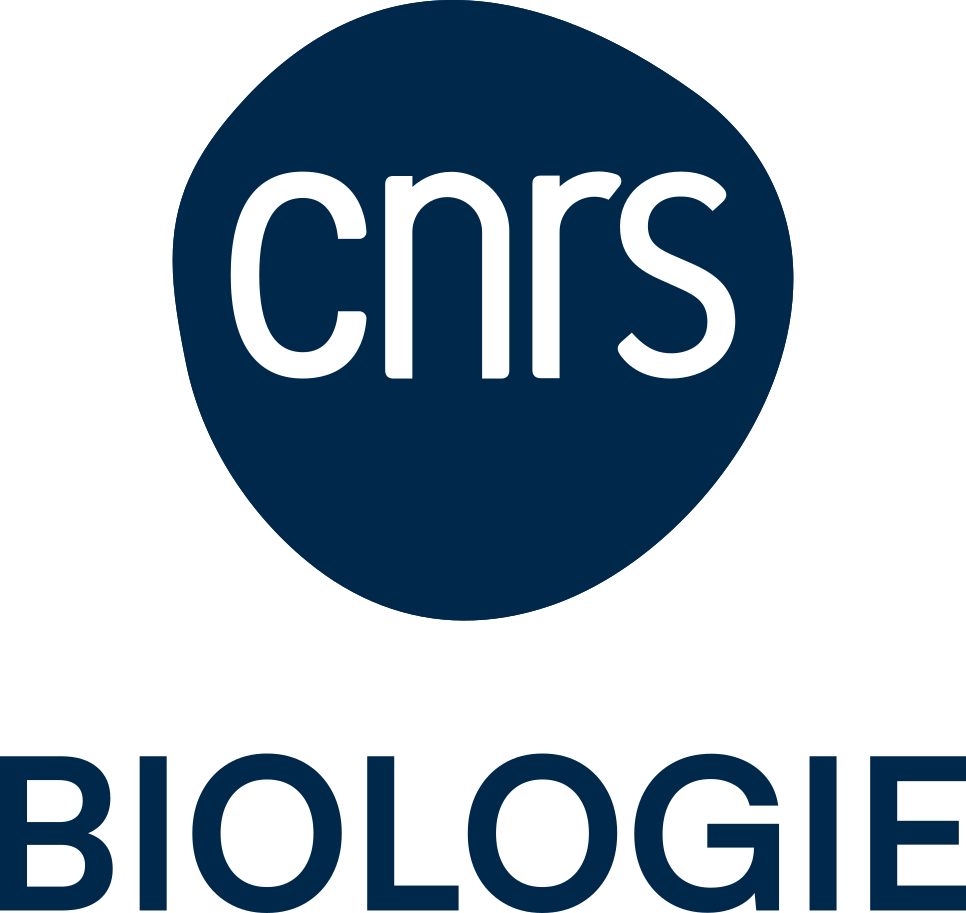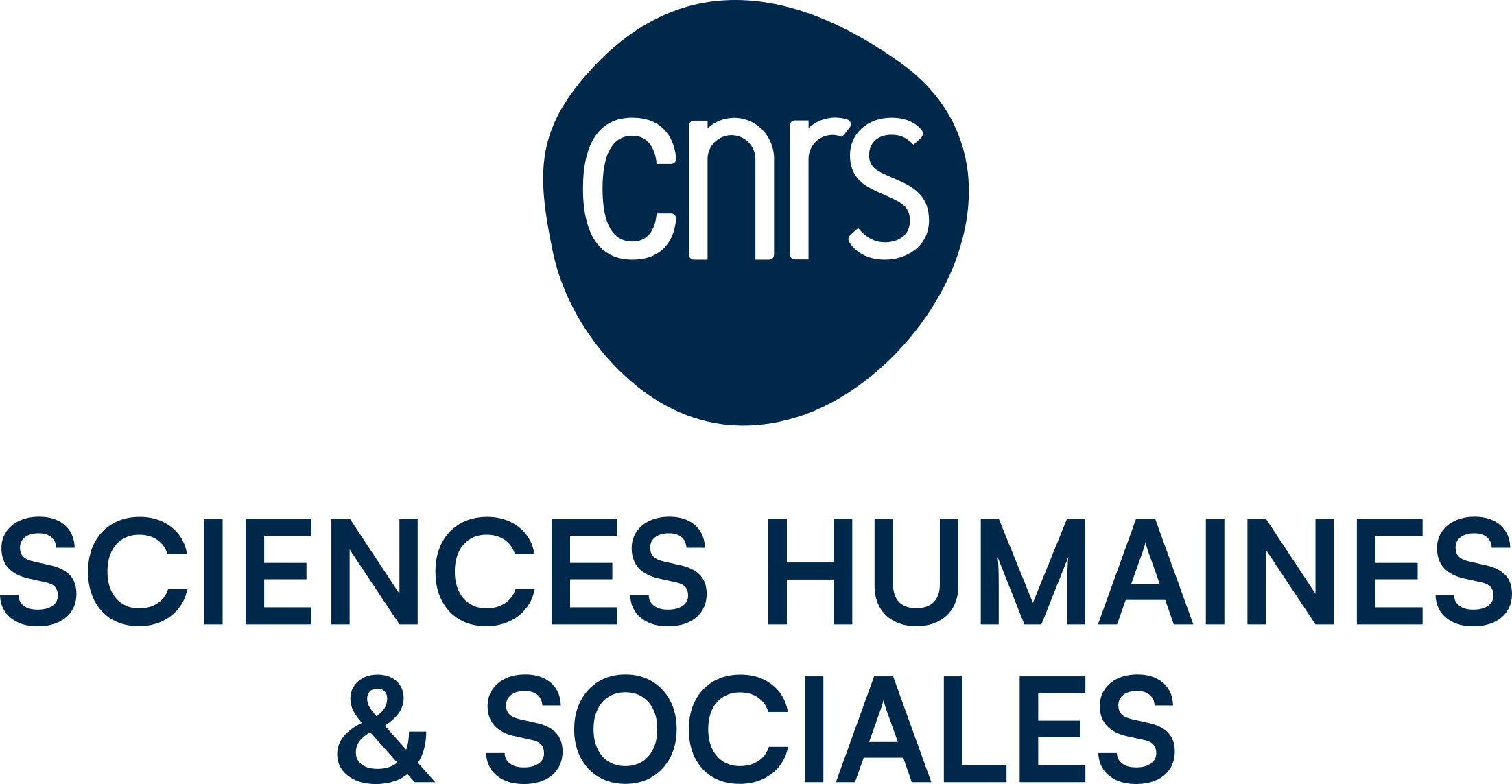Research Topic : The locus of the Stroop effect. The LAPSCO at the forefront of scientific research on Stroop effects
mardi 19 novembre 2019

November 2019. Just out, The Locus of the Stroop effect, Research Topic in Frontiers in Psychology edited by Benjamin A. Parris (Bournemouth University, UK), Maria Augustinova (Université de Rouen), and Ludovic Ferrand (Université Clermont Auvergne, CNRS, LAPSCO).
The Stroop task is a well-known psychological experiment named after John Ridley Stroop in 1935. The task consists of challenging selective attention mechanisms in individuals by presenting them a relevant color dimension that must be identified and an irrelevant word dimension that must be ignored. This task is widely used as an investigative tool in the cognitive and clinical science domains both for research purposes and theory development.
Almost thirty years after C. M. MacLeod’s seminal paper, published in 1991, this Research Topic addresses the outstanding question of the locus of the Stroop effect. It concerns evidence for different forms of conflict (response, semantic, and task) and facilitation (response and semantic) thought to comprise the Stroop effect.
The research presented in this Research Topic evaluates the following areas : 1) the methods used to index the different types of conflict ; 2) the modulating effects of response mode ; 3) potential Stroop effects on response execution ; 4) the application of distributional analysis forms (e.g. the ex-Gaussian function), and ; 5) evidence for the control over the various forms of conflict.
Content
Parris, B. A., Augustinova, M., & Ferrand, L. (2019). Editorial : The locus of the Stroop effect. Frontiers in Psychology, 10:2860. doi : 10.3389/fpsyg.2019.02860
Algom, D., & Chajut, E. (2019). Reclaiming the Stroop effect back from control to input-driven attention and perception. Frontiers in Psychology, 10:1683. doi : 10.3389/fpsyg.2019.01683
Aschenbrenner, A. J., & Balota, D. A. (2019). Additive effects of item-specific and congruency sequence effects in the vocal Stroop task. Frontiers in Psychology, 10:860. doi : 10.3389/fpsyg.2019.00860
Augustinova, M., Parris, B. A., & Ferrand, L. (2019). The loci of Stroop interference and faciliation effects with manual and vocal responses. Frontiers in Psychology, 10:1786. doi:10.3389/fpsyg.2019.01786
Banich, M. T. (2019). The Stroop effect occurs at multiple points along a cascade of control : Evidence from cognitive neuroscience approaches. Frontiers in Psychology, 10:2164. doi.org/10.3389/fpsyg.2019.02164
Berger, N., Richards, A., & Davelaar, E. J. (2019). Preserved proactive control in ageing : A Stroop study with emotional faces vs. words. Frontiers in Psychology, 10:1906. doi : 10.3389/fpsyg.2019.01906
Hsieh, C. W., & Sharma, D. (2019). Priming emotional salience reveals the role of episodic memory and task conflict in the non-color word Stroop task. Frontiers in Psychology, 10:1826. doi : 10.3389/fpsyg.2019.01826
Littman, R., Keha, E., & Kalanthroff, E. (2019). Task conflict and task control : A mini-review. Frontiers in Psychology, 10:1598. doi : 10.3389/fpsyg.2019.01598
Ménétré, E., & Laganaro, M. (2019). Attentional reorientation and inhibition adjustment in a verbal Stroop task : A lifespan approach to interference and sequential congruency effect. Frontiers in Psychology, 10:2028. doi : 10.3389/fpsyg.2019.02028
Mills, L., Kinoshita, S., & Norris, D. (2019). No negative priming effect in the manual Stroop task. Frontiers in Psychology, 10:1764. doi : 10.3389/fpsyg.2019.01764
Parris, B. A., Wadsley, M. G., Hasshim, N., Benattayallah, A., Augustinova, M., & Ferrand, L. (2019). An fMRI study of response and semantic conflict in the Stroop task. Frontiers in Psychology, 10:2426. doi : 10.3389/fpsyg.2019.02426

depuis votre smartphone


